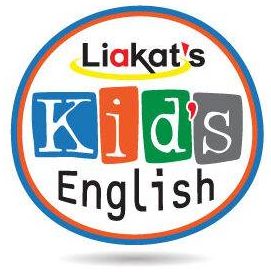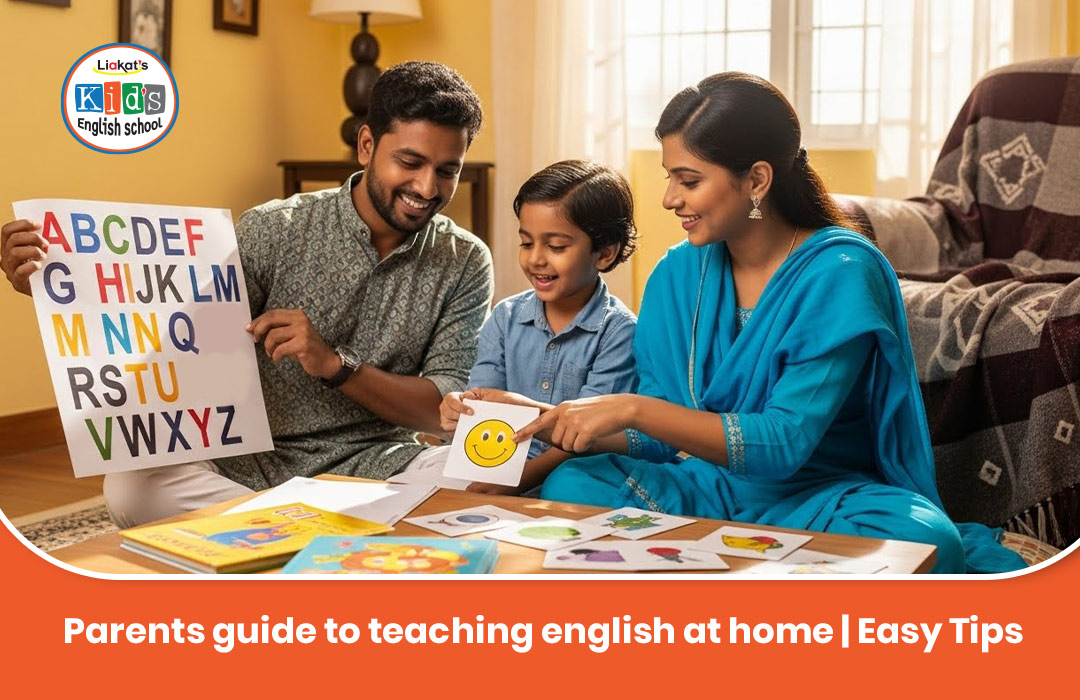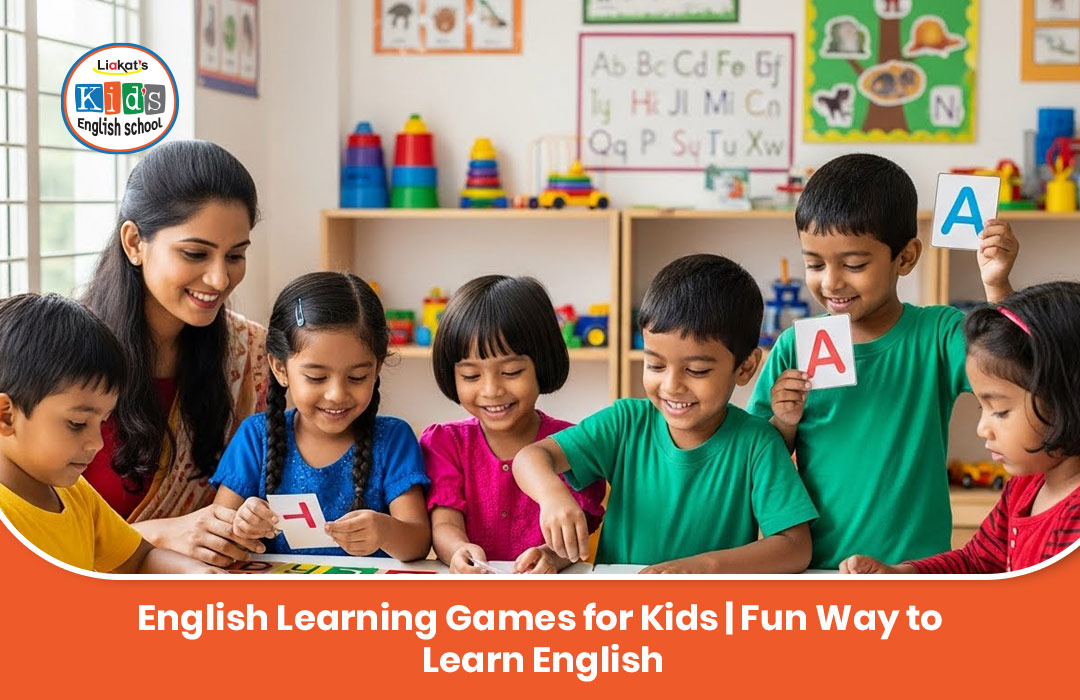Learning English doesn’t have to be boring. One of the most enjoyable ways for children to improve vocabulary, comprehension, and problem-solving skills is through English riddles.
At Liakat’s Kids, we believe in learning through play. Riddles are more than just fun—they help kids think critically, expand vocabulary, and build confidence in using English.
By incorporating riddles into daily learning, children stay engaged, curious, and motivated to explore language creatively.
Why English Riddles Are Important for Kids
Riddles are not just entertainment—they are educational tools that strengthen the mind. Here’s why:
-
Boost Vocabulary: Children encounter new words and phrases while solving riddles.
-
Enhance Critical Thinking: Riddles encourage children to analyze, reason, and think creatively.
-
Improve Reading Skills: Understanding riddles improves comprehension and attention to detail.
-
Promote Fun Learning: Kids are more motivated to learn when the activity feels like a game.
-
Encourage Communication: Solving riddles in groups builds confidence and verbal skills.
At Liakat’s Kids, these benefits are woven into our interactive English courses for children of all ages, from Play & Nursery to Class 8.
15+ Fun English Riddles for Kids
Here’s a collection of easy, medium, and challenging riddles to spark curiosity and learning:
Easy Riddles:
-
I speak without a mouth and hear without ears. What am I?
Answer: An echo -
What has keys but can’t open locks?
Answer: A piano -
What has hands but can’t clap?
Answer: A clock -
What has a head, a tail, is brown, and has no legs?
Answer: A penny -
I’m tall when I’m young, and I’m short when I’m old.
Answer: A candle
Medium Riddles:
-
What can you catch but not throw?
Answer: A cold -
What has to be broken before you can use it?
Answer: An egg -
I’m full of holes but I can hold water.
Answer: A sponge -
What has an eye but cannot see?
Answer: A needle -
The more of this you take, the more you leave behind.
Answer: Footsteps
Challenging Riddles:
-
I fly without wings. I cry without eyes. What am I?
Answer: A cloud -
The more you take away from me, the bigger I get.
Answer: A hole -
I have cities but no houses, forests but no trees, and rivers but no water.
Answer: A map -
What comes once in a minute, twice in a moment, but never in a thousand years?
Answer: The letter “M” -
I’m always running, but I never move. What am I?
Answer: A clock
(You can continue adding up to 40 riddles for a full blog)
Tips for Kids to Solve Riddles
-
Read Carefully: Every word can be a clue.
-
Think Creatively: The answer is sometimes tricky or unexpected.
-
Practice Often: Solving more riddles improves skill and confidence.
-
Work in Groups: Discussing riddles with friends or family makes it fun.
-
Use Imagination: Draw or act out riddles for better understanding.
Fun Activities Using Riddles
At Liakat’s Kids, we go beyond reading riddles:
-
Riddle of the Day: Start class with a daily riddle to warm up the brain.
-
Riddle Hunt: Hide riddle cards around the classroom or home for kids to find and solve.
-
Story Integration: Add riddles into stories to enhance reading comprehension.
-
Riddle Challenges: Kids can create their own riddles and share them with classmates.
These activities strengthen English learning while making the process fun and interactive.
Frequently Asked Questions (FAQs)
Q1: What age is suitable for riddles?
A: Riddles can be adapted for all ages—from Play & Nursery to older children in Class 8.
Q2: How do riddles help English learning?
A: Riddles improve vocabulary, comprehension, creativity, and critical thinking in an enjoyable way.
Q3: Can riddles be used for online classes?
A: Yes! At Liakat’s Kids, riddles are included in both offline and online lessons to keep children engaged.
Q4: How many riddles should kids solve per day?
A: Even 3–5 riddles a day can significantly boost language and thinking skills.
Q5: Are there printable riddles for kids?
A: Yes, parents can create printable riddle sheets to encourage practice at home.
Why Choose Liakat’s Kids
At Liakat’s Kids, we make learning English fun, interactive, and effective. By combining:
-
Engaging English riddles
-
Creative stories and reading exercises
-
Interactive online and offline classes
We help children improve language skills, think critically, and gain confidence in English.
Conclusion
English riddles are a powerful tool for learning, not just a game. By solving riddles, children enhance vocabulary, comprehension, and creativity.
At Liakat’s Kids, we integrate riddles and other fun activities into our structured curriculum, making English learning enjoyable and effective.
Call to Action:
Enroll your child at Liakat’s Kids today and let them explore English through fun riddles, interactive lessons, and engaging activities!



